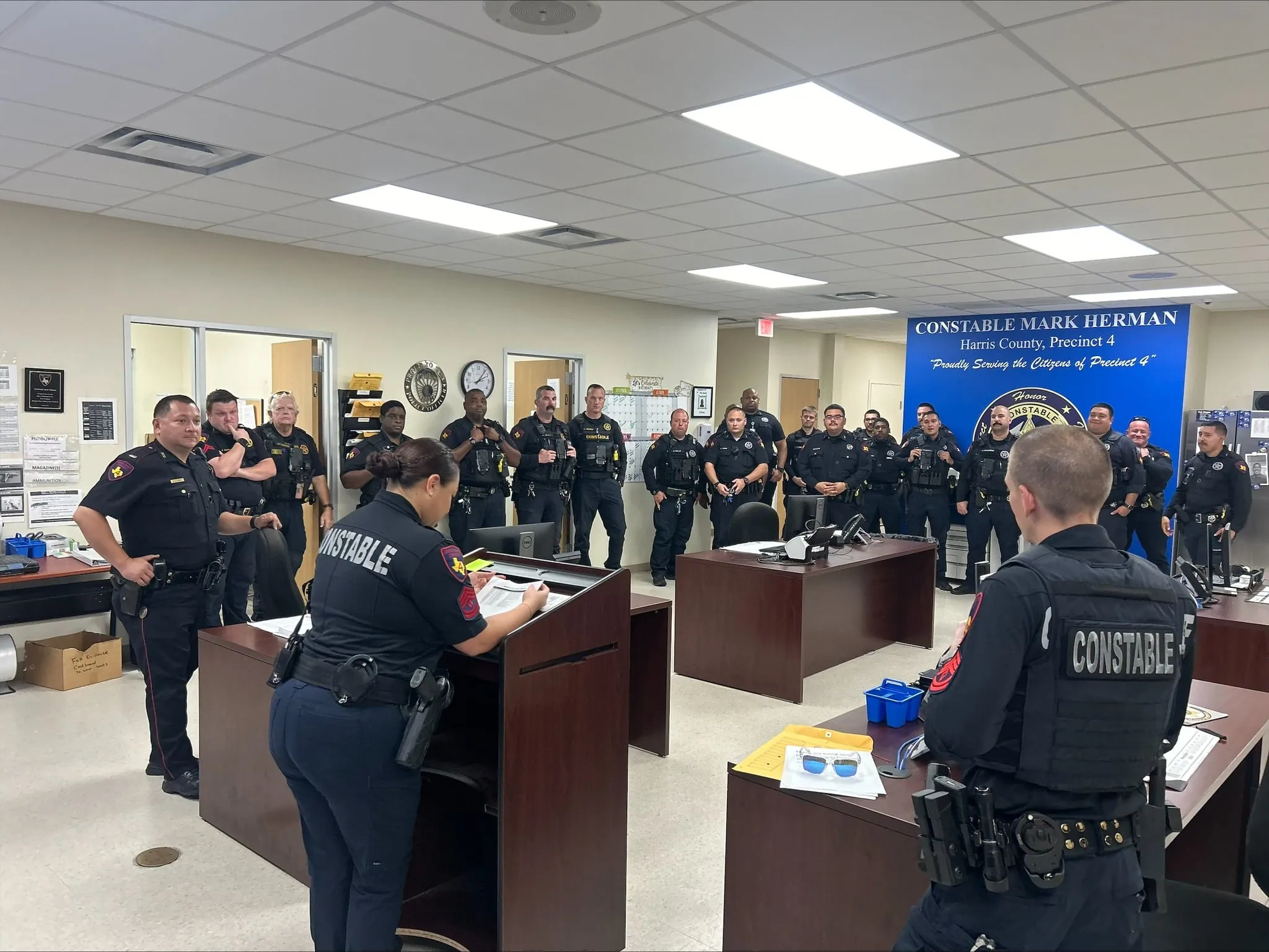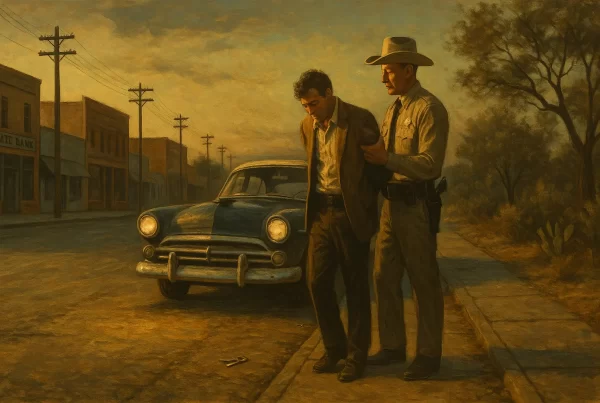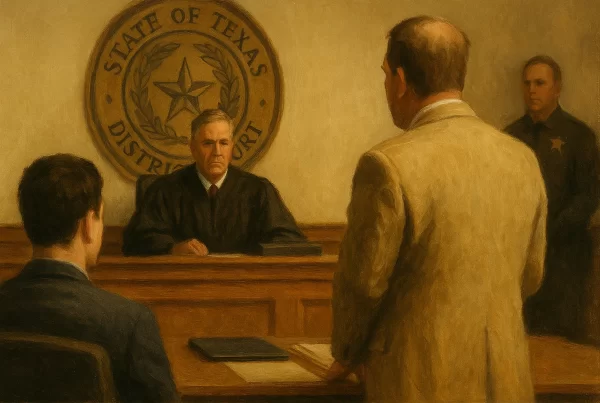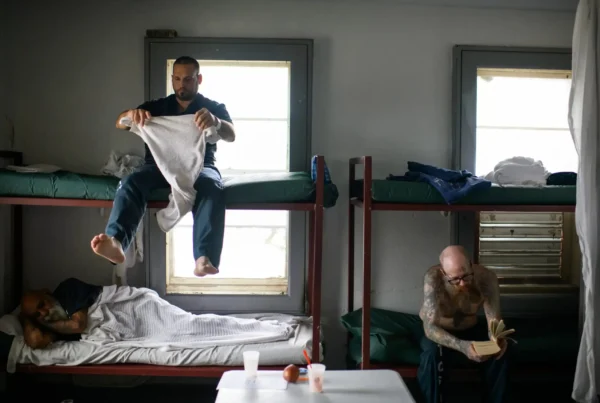Constables and their deputies are law enforcement officers in Texas who generally have the same powers as police officers but also have added responsibilities in civil law processes.
Much like police officers and sheriffs, constables usually have their own dedicated patrol vehicles and uniforms. They may serve warrants, issue traffic tickets, and arrest suspects on probable cause.
Constables are part of a large and complex statewide law enforcement system, consisting of numerous local and state agencies with overlapping jurisdictions.
Like sheriffs, constables are elected officials who serve four-year terms, each representing a local area called a precinct.
Organization of Constables’ Offices
Constables typically hire deputy constables and administrative staff to support their work. The budget and size of their office is set by the county commissioners court in the county in which they operate.
In larger counties there are up to eight constable precincts, each of which may employ hundreds of personnel. Smaller counties may have only a single constable, with few deputies or none.
The office of constable dates to the foundation of the Republic of Texas. The 1836 constitution provided for the election in each county of a sheriff and “a sufficient number of constables.”
The modern constitution provides for the election of a constable in each precinct of a county, which number from one to eight per county. The constitution makes exceptions for Mills, Reagan and Roberts Counties, where the office is abolished.
Duties of Constables
Constables serve as bailiffs (court security) in justice of the peace courts and serve civil papers on their behalf. That means they deliver court papers to parties in a case, such as subpoenas, injunctions, and restraining orders.
By law, other duties of Texas constables include:
- seizing property with a court order
- executing writs of garnishment
- confiscating illegally placed outdoor signs
- impounding cruelly-treated animals
- summoning persons to jury duty
- running truancy programs.
Off-duty constables may serve eviction notices out of uniform as a “private process server.”
Texas statutes, the Texas Rules of Civil Procedure, and the Texas Constitution govern the authority of constables, though the actual duties that they perform may vary by county.
Eligibility and Training
To serve as a constable, a person must not have a felony conviction and must be a registered voter in the precinct where he or she is running for office.
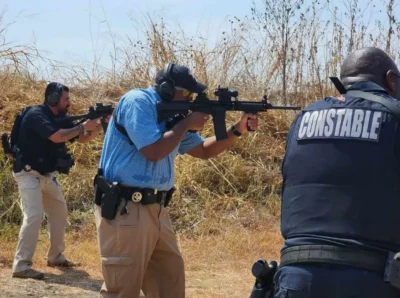
Candidates must have an active or inactive peace officer license at the time of election, an associate’s degree or higher, or be a retired peace officer. If the license is inactive, the constable must provide proof of obtaining an active license within 270 days of taking office.
Constables must complete 40 hours of continuing education credits every two years, including 20 hours in civil process.
When a vacancy arises during a constable’s term, the commissioner’s court can appoint a replacement to finish the term. If a constableship is vacant for seven years, the county commissioners court can declare it dormant but may reinstate it with a majority vote.
Common Misconceptions
One common misconception about constables is that they only serve court papers. While serving legal documents like subpoenas and restraining orders is a significant part of their job, constables also have a variety of other law enforcement duties. These can include making arrests, serving warrants, issuing traffic tickets, and even handling situations involving animal cruelty or illegal signs. Their role is much broader than just paperwork.
Another misconception is that constables are just “assistants” to sheriffs or police officers. While constables may work alongside other law enforcement agencies, they have their own unique responsibilities, especially in civil law. They are elected officials with a distinct role, and their duties often focus on legal processes that other officers don’t handle, such as evictions and managing jury duty summons.
Some people also think that constables don’t have the same authority as police officers or sheriffs. In reality, constables in Texas have similar powers to those of police officers, including the ability to arrest individuals and carry out law enforcement duties. The main difference is that constables often work more closely with the court system, performing specific civil law functions in addition to traditional law enforcement tasks.
Lastly, there can be confusion about the title “constable.” In many cases, the term “constable” refers generally to the office of constable in a particular area, not the elected official who heads that office. For example, a deputy constable might drive a vehicle marked with “CONSTABLE,” but they are not the elected constable.
Criticisms of Constables
While constables in Texas play an important role in law enforcement and civil processes, there are several criticisms and concerns raised about their effectiveness, accountability, and the overall functioning of the office.
- Lack of Oversight: As elected officials, constables are not directly accountable to higher authorities. This can lead to inconsistencies in enforcement practices and transparency.
- Varied Training: The level of training and experience among constables can vary significantly by precinct, leading to disparities in performance. Smaller counties may have constables with limited law enforcement experience.
- Potential for Abuse of Power: Like other law enforcement officers, constables hold significant authority, including the power to make arrests and carry out searches. In some cases, concerns have been raised about potential abuse of this power, particularly in areas where constables may have limited oversight or face few checks on their actions.
- Jurisdictional Overlaps: Constables’ authority often overlaps with that of sheriffs and city police, leading to confusion or inefficiencies. These jurisdictional conflicts can delay responses or create tension between agencies.
- Underutilization of Resources in Small Counties: In some areas with low crime rates or minimal civil duties, the office of constable may be underutilized, raising concerns about the cost of maintaining such offices when resources could be better allocated elsewhere.
- Resource Allocation Inefficiency in Large Counties: In larger counties, where up to eight constable precincts exist alongside other law enforcement agencies, critics suggest that the allocation of resources across so many offices can lead to inefficiencies. With each precinct requiring its own staff, vehicles, and budget, some feel that consolidating offices could reduce costs and streamline operations.
- Political Influence: Constables, as elected officials, can face political pressures that may influence decision-making or resource allocation, undermining their impartiality.
These challenges can affect the effectiveness of constables’ offices and public perception. Nevertheless, constables in Texas serve a unique role within the state’s law enforcement system, balancing both traditional law enforcement duties and specific civil responsibilities.
